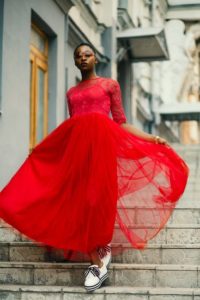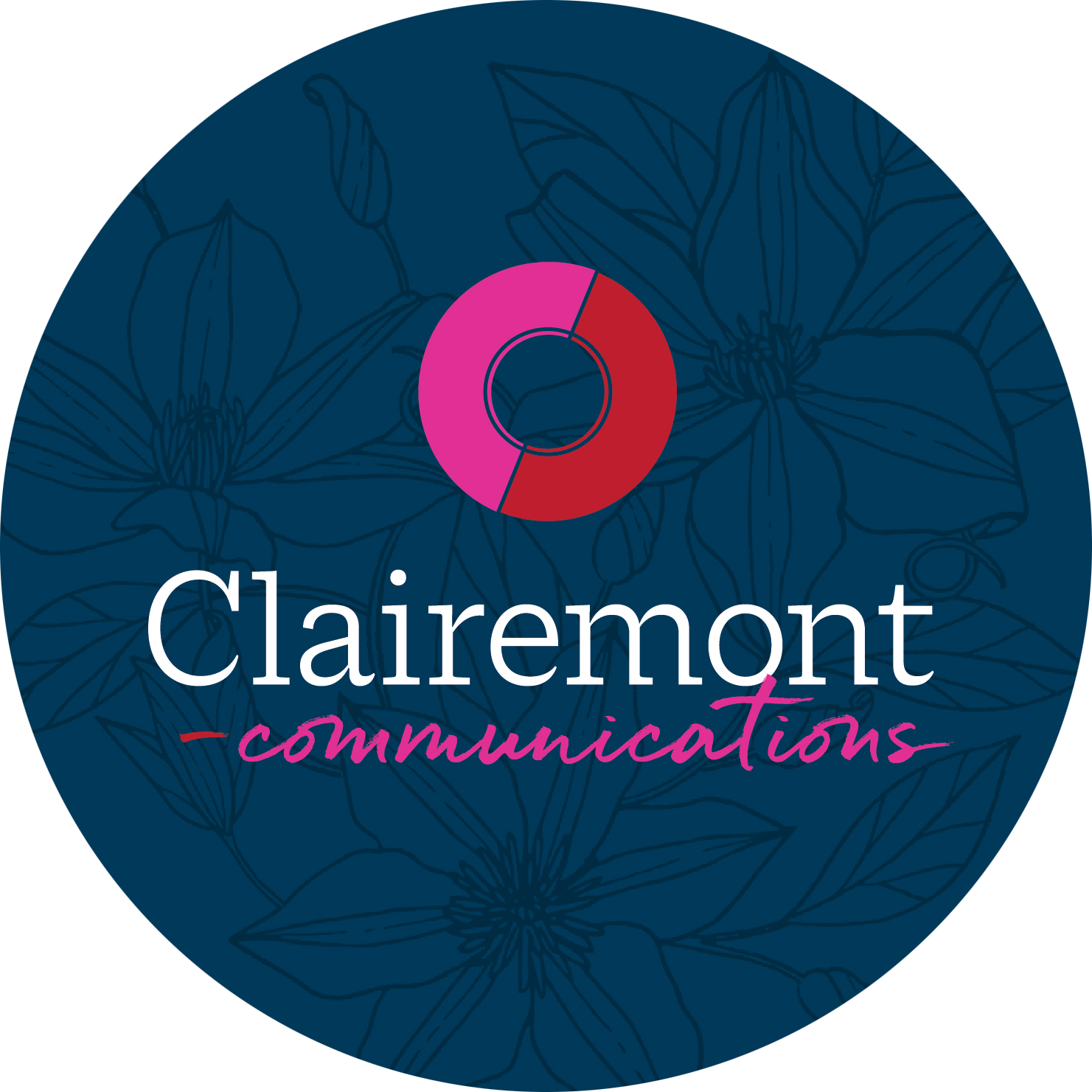 Made in Addis Ababa, Ethiopia.
Made in Addis Ababa, Ethiopia.
I resided in the rolling hills of sunny California before making it to the water tower town of Holly Springs, North Carolina. I’ve always repped the West Coast, but these days my heart is set on staying in the East. Maybe even to the “Concrete Jungle Where Dreams Are Made” — New York City, the fashion capital of the world.
When people say “I love fashion” I’m always curious to know why. Let’s be honest; fashion is a world on its own– a vast universe filled with dreams and goals but also a cutthroat industry that can get quite superficial.
Here is why I love fashion:
Beyond allowing me to be who I want to be, fashion has always reflected and supported our culture and identity politics throughout time. Contrary to popular belief, fashion can be intellectual, from adapting suits for women to wear as they entered the male-dominated workplace in the ’80s, to providing an outlet for different subcultures to express themselves, and even to deconstructing gender binaries with unisex clothing.
As a public relations major, I’ve learned that millennials and Generation Z are the current driving force in the ever-changing apparel world. This new generation of shoppers are seeking out meaningful experiences and finally placing their trust in designers to deliver authentic and organic marketing.
Five years ago, I discovered what I wanted to do with my love of fashion. I was 19 and living in Los Angeles. Fairfax Avenue, the mecca of street culture, became the go-to shopping destination for my friends and me. To any visitor, the iconic street exudes a generation of muralists and skaters making their mark on the city and entrepreneurial shop owners coming in to capitalize on the mainstream of its aesthetics.
 Although these new successes on the block parallel the increasing success of streetwear as a whole, I noticed a void. Streetwear brands don’t cater to women, while the very few that do make the mistake of trying to interpret the look for women, when women are attracted to wearing it the way it existed in the first place.
Although these new successes on the block parallel the increasing success of streetwear as a whole, I noticed a void. Streetwear brands don’t cater to women, while the very few that do make the mistake of trying to interpret the look for women, when women are attracted to wearing it the way it existed in the first place.
The more I learn about fashion, I realize that the culture still falls short of inclusivity. As someone who has a voice and understands the impact of PR, I want to amplify the voice of the profession. I want to pursue a career in fashion PR and align myself with brands that ultimately create meaningful relationships with younger, cause-driven consumers. Millennials aren’t just more likely to shop ethically; they’re also more inclined to purchase garments that visibly champion their beliefs. In a digital age of personal branding, fashion exceeds mere aesthetics and propels us towards empowerment.
Written by Clairemont Intern Ru Wolle, a senior at NCSU.
All photos from Canva.

